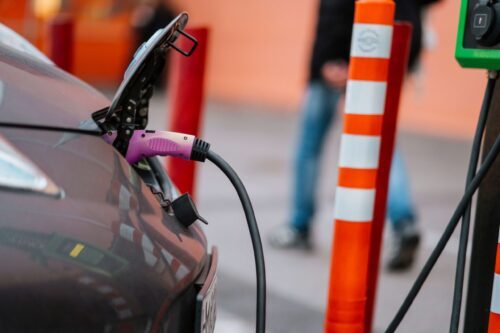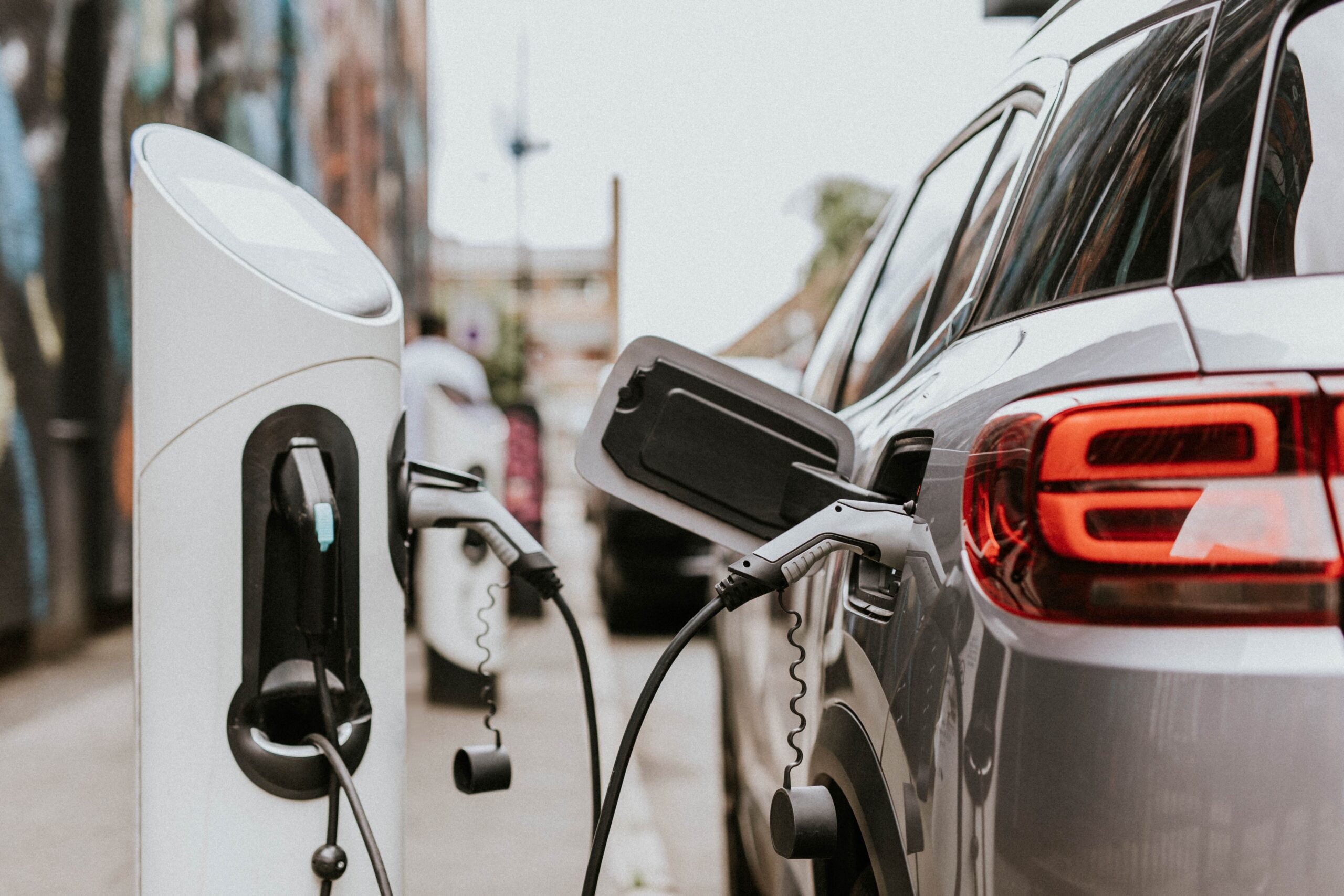
Uber and Lyft promised not so long ago that by 2030, their fleets in the United States will completely switch to electric cars. Sounds like excellent news for the environment, right? We remove exhaust fumes from the roads, convert transportation to clean energy, and everyone seems happy. But not everything is so straightforward.
A study by specialists from the University of Michigan and Carnegie Mellon has shown that the effect of full electrification will be much more modest than many expected. On average, the public benefit will amount to only about 3% per trip. Why is the public benefit so low? Let’s break it down.
Electric cars are clean but not perfect
When Uber and Lyft replace gasoline-powered cars with electric vehicles, they will reduce greenhouse gas emissions by an estimated 40-45%. This is an impressive result, primarily due to electric cars’ high energy efficiency.
But! You have to consider where the electricity for charging comes from. As long as power plants in the US run on fossil fuels, the level of localized pollution (like nitrogen and sulfur oxides) is not going down. On the contrary, the impact on air quality in metropolitan areas may even increase by 6-11% per trip.
And there’s another unexpected problem. Electric cars are more likely to travel without passengers. It’s all about the fact that there are far fewer charging stations than the usual gas stations. So drivers have to make extra trips back and forth to recharge. These “empty miles” add to the strain on the roads.
Consequently, the study reveals that each trip accounts for:
- +2-3% to road costs congestion, accident risk, noise;
- +6-11% to localized air pollution until power plants go green;
- -40-45% to greenhouse gas emissions compared to gasoline-powered cars;
- And only -3% of total societal costs.
Despite the eco-friendliness of the cars themselves, the overall gain for society has been modest.
The Main Reason is Distance
The researchers emphasized that the main harm to society is not so much related to emissions as to kilometers driven. The more cars on the road and the farther they travel, the higher the societal costs. Electric cars, despite all their advantages, do not yet solve this problem and, in some cases, even exacerbate it.
Moreover, experiments with reducing the size of batteries have not had the desired effect either. A lighter battery has fewer emissions at the production stage, but more frequent charging and additional trips again negate the ecological effect.
So What to Do?
The researchers’ conclusion is unambiguous: mass electrification of transportation is beneficial but not enough. To really reduce public costs, we need to rely not only on cars themselves but also on the development of alternative transportation. Public transportation, infrastructure for bicyclists and pedestrians, and safe roads will all help reduce the number of “empty miles” and make city trips more efficient and cleaner.
So, electric cars are only part of the solution. A truly sustainable city is one where people don’t have to drive a car.
